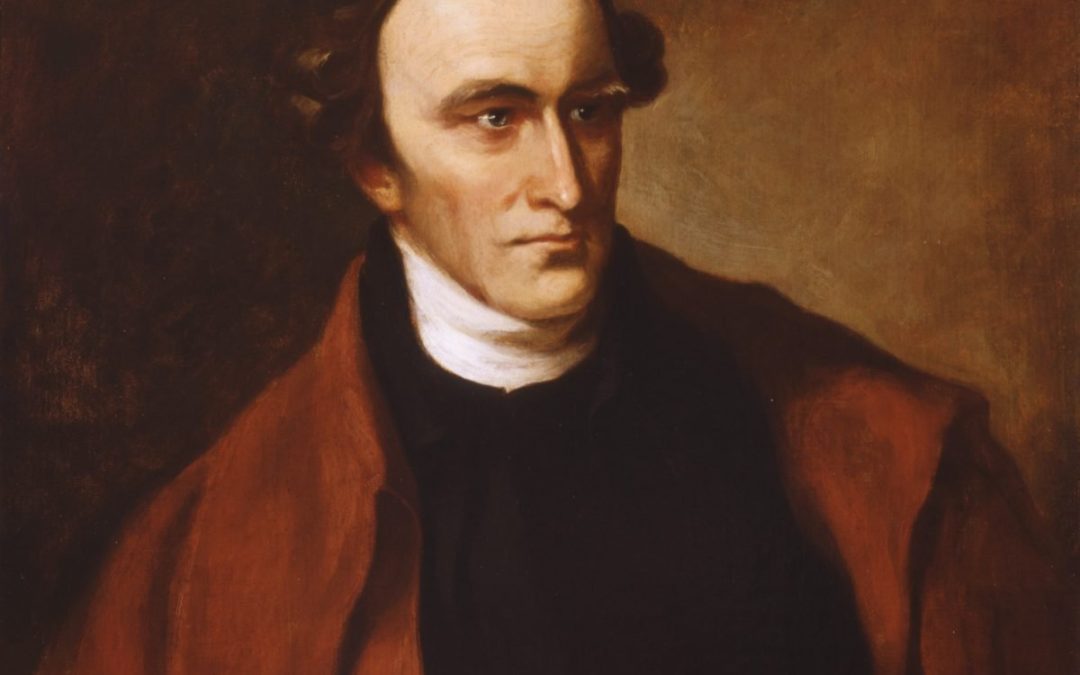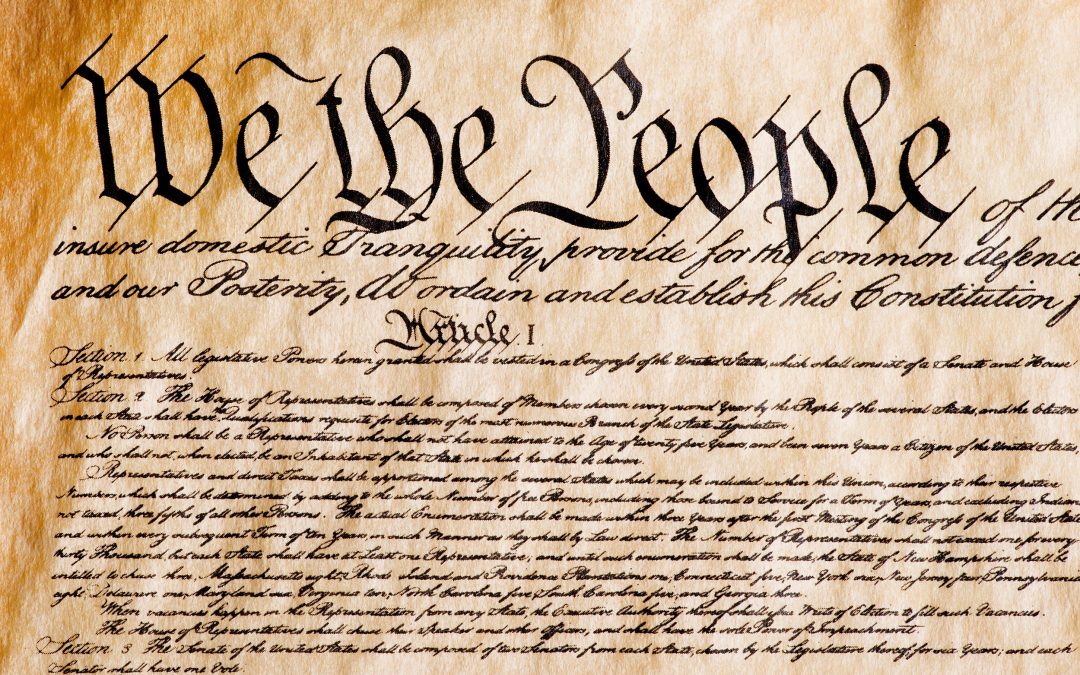Patrick Henry’s impassioned remarks during the final days of the Virginia Ratifying Convention were the culmination of week-long arguments between skeptics of the proposed Constitution and its supporters, such as James Madison. In modern context, it is easy at first glance to find much of what Henry said to be, unfortunately, pro-slavery. In fact, many modern scholars focus completely on what they might call pro-slavery scare tactics. But this surface understanding of his statements misses the bigger issue at stake for opponents of ratification – whether the new Constitution opened the door...












